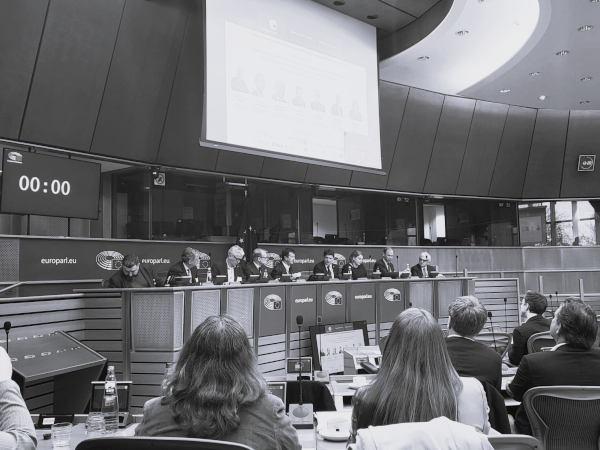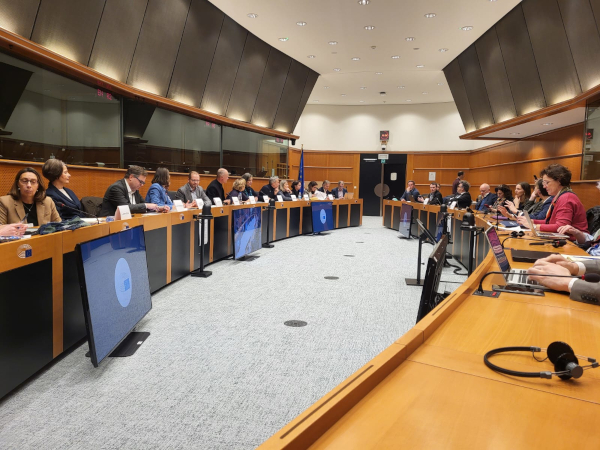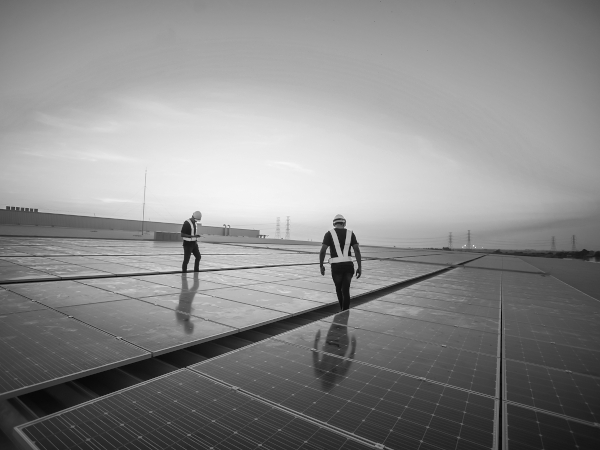Date: 14 January 2014
Energy efficiency improvements are expected to slow down after 2020 further widening the gap to the cost-effective energy saving potentials, unless fundamental market and policy reforms are put in place.
Improving energy efficiency by 40 percent by 2030 is not only achievable but also highly profitable for the EU economy. Research by the Fraunhofer Institute in 2013 has shown that the EU has a 41% cost-effective end-use energy savings potential for 2030. Tapping the potential would boost competitiveness and lower net energy costs for households and industry by over €239 billion annually by 2030. It also leads to a reduction of greenhouse gas emissions in 2030 by at least 49% to 61%, compared to 1990 levels. A single EU greenhouse gas emissions target would, on the other hand, fail to trigger additional energy savings and fail to stop wastage of energy and money. This shows that energy efficiency is the key of mutually supporting energy and climate policies and has to come first in the design of the policy framework.
The European Commission is finalising its proposals for the 2030 climate and energy package, announced for 22 January. The draft report was adopted by a strong majority of members in the Environment and Energy Committees and is expected to be comfortably backed by Parliament’s plenary in first week of February. In March heads of state and government will have their first deliberation on the proposals made.
###
The Coalition for Energy Savings brings together business, professionals, local authorities, trade unions and civil society associations. The Coalition’s purpose is to make the case for a European energy policy that places a much greater, more meaningful emphasis on energy efficiency and savings. Coalition members represent more than 400 associations, 150 companies, 15 million supporters, more than 2 million employees, 1,000 cities and towns in 30 countries in Europe.
Contact
Marion Santini
Tel: 02 235 20 16
press[at]energycoalition.eu







Add new comment